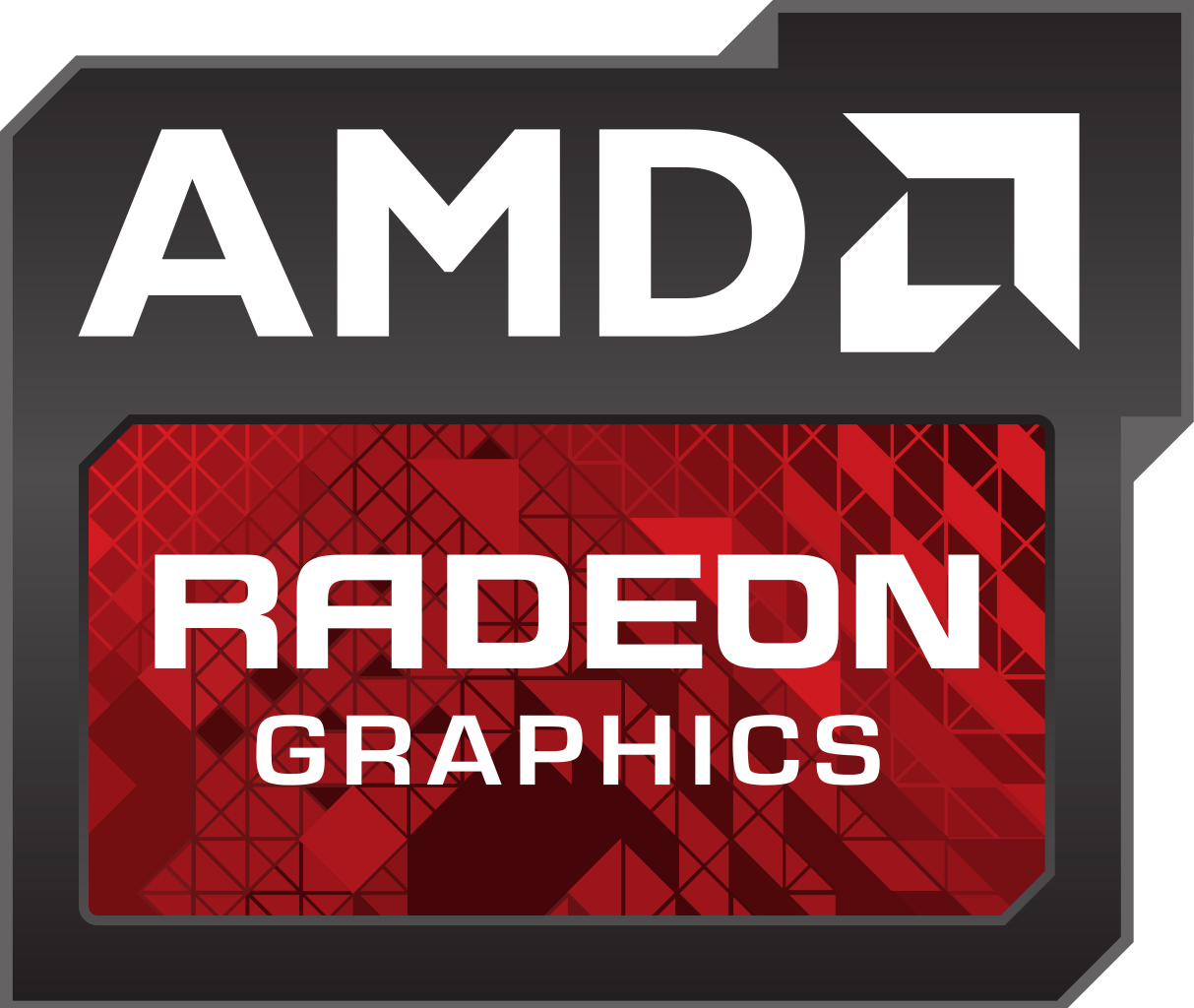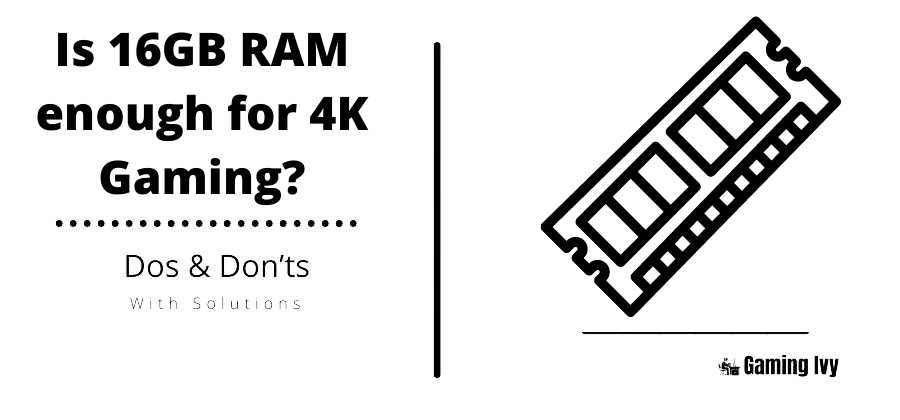How to Start a Gaming Company: A Complete, Actionable Guide
Introduction: The Opportunity in Gaming
The gaming industry is a dynamic, billion-dollar ecosystem offering opportunities for entrepreneurs with vision, creativity, and technical expertise. Starting a gaming company is both challenging and rewarding, requiring business acumen, legal compliance, and a deep understanding of your market. This guide delivers comprehensive, actionable steps to help you plan, launch, and grow a successful gaming business, whether your focus is game development, esports, or related services.
1. Define Your Vision and Business Concept
Every successful gaming company begins with a clear vision and a well-defined business concept. Consider what type of business you want to build: Will you develop video games, create gaming platforms, offer esports services, or focus on game-related merchandise? Research current trends to identify untapped niches and understand your target audience’s preferences. Analyze competitors to determine your unique value proposition, which could be innovative gameplay, cutting-edge technology, or a distinct art style. For inspiration, review market analyses and recent case studies from reputable sources in the gaming sector. You can find market research reports on gaming trends through established industry publications and platforms, such as Newzoo and Statista. These resources typically provide up-to-date data on player demographics, platform popularity, and revenue forecasts [2] .
2. Develop a Robust Business Plan
A comprehensive business plan is essential for clarifying goals, attracting investors, and guiding your operations. Your plan should include:
- Executive Summary: Outline your vision, mission, and objectives.
- Market Analysis: Define your target audience, assess competitors, and forecast demand.
- Product or Service Offering: List the games or services you’ll provide, emphasizing how you’ll differentiate from competitors.
- Marketing and Sales Strategy: Detail your approach to reaching, engaging, and retaining customers through digital marketing, community building, and influencer partnerships.
- Financial Projections: Estimate your startup capital, recurring expenses, and revenue streams. Consider the costs of software, hardware, salaries, office space, and legal services [2] .
Be realistic in your projections and include contingency plans for unexpected challenges. Industry experts recommend updating your business plan regularly as your company evolves [5] .
3. Assemble a Talented and Diverse Team
Your team is the backbone of your gaming company. Successful studios typically require a combination of programmers, artists, designers, writers, and producers, as well as business development and marketing professionals. Seek individuals who share your passion and vision but also bring diverse skills and experiences. Real-world examples show that some studios thrive by blending seasoned veterans with emerging talent, fostering creativity and innovation. Recruitment platforms, game development forums, and events like the Game Developers Conference (GDC) are excellent places to find collaborators. Consider remote work options and leveraging global talent pools to broaden your reach and capabilities [4] .

Source: damaar.com
4. Secure Funding and Financial Resources
Launching a gaming company usually requires significant upfront investment. Common funding sources include personal savings, angel investors, venture capital, crowdfunding, and government grants for creative industries. Each funding route has advantages and challenges:
- Personal Funds: Offers control but increases personal risk.
- Angel Investors/Venture Capital: Provides capital and expertise but may require equity sharing.
- Crowdfunding: Enables community engagement but demands robust marketing and public relations.
- Government Grants: Some countries offer grants for tech startups; search for “creative industry grants” on the official government websites relevant to your jurisdiction.
Prepare detailed financial documents and projections to support your funding applications. It’s advisable to consult a financial advisor or experienced entrepreneur to refine your approach and understand local regulations [3] .
5. Navigate Legal and Regulatory Requirements
Legal compliance is fundamental to your company’s legitimacy and longevity. Steps typically include:
- Incorporation: Register your company according to the laws of your chosen jurisdiction. Consult with a business attorney to select the right structure and avoid future complications.
- Licensing: Depending on your business model and location, you may need a gaming license or other permits. This is especially true for online gaming, gambling, or esports platforms.
- Intellectual Property (IP): Protect your original creations with copyrights, trademarks, and patents. This shields your games and branding from infringement.
- Data Privacy: If you collect user data, ensure your company complies with data protection laws such as GDPR (Europe) or CCPA (California).
Legal requirements differ by country and region, so it’s essential to consult with local legal experts and search for official government resources on business registration and gaming licensure. For example, in the U.S., you can begin by searching the Small Business Administration’s website for guidance on starting a business and the U.S. Copyright Office for IP protection.
6. Build Your Game or Service Infrastructure
Once your company is legally established and funded, you can set up your operational infrastructure. Key considerations include:
- Development Tools: Choose the right game engines (such as Unity or Unreal Engine), project management software, and collaboration tools based on your team’s expertise and game genre.
- Hardware and Software: Invest in high-quality computers, servers, and software licenses. If you plan to release on consoles, research development kit requirements by contacting the official developer programs for each platform.
- Office Space: Decide between a physical office, remote work, or a hybrid model. This decision impacts costs and team dynamics.
- Website and Branding: Secure your domain name, design a professional website, and establish your brand identity. Official domain registrars like GoDaddy or Namecheap can help you check domain availability.
It’s advisable to create a timeline and checklist for all infrastructure tasks, ensuring nothing is overlooked during setup [3] .

Source: pinterest.com
7. Develop, Test, and Launch Your Product
Begin your game development process by following industry best practices, including agile project management, iterative prototyping, and regular user testing. Early feedback from target players can dramatically improve your final product. Consider these steps:
- Prototyping: Build a minimum viable product (MVP) to validate your concept.
- Testing: Conduct alpha and beta tests with real users for early bug detection and gameplay balancing.
- Launch Strategy: Prepare a marketing plan that includes social media outreach, influencer partnerships, and participation in gaming events. Leverage platforms like Steam, Epic Games Store, or console marketplaces for distribution.
For detailed guidance, you can consult the Game Developers Conference (GDC) resources or search for official documentation from major game engines.
8. Market, Monetize, and Grow Your Company
With your game or service ready for market, focus on building your customer base and growing revenue. Common strategies include:
- Community Building: Foster a loyal user community through forums, Discord servers, and interactive events.
- Monetization Models: Choose between premium sales, in-game purchases, subscriptions, or ad-based models. Tailor your monetization approach to your audience and game genre.
- Analytics: Use analytics tools to monitor user engagement, retention, and revenue. Adjust your strategy based on real-world performance data.
- Continuous Improvement: Update your products with new content, bug fixes, and features to keep players engaged.
For additional marketing ideas, follow leading industry blogs and consider attending major gaming expos such as E3 or PAX for networking and exposure.
Overcoming Challenges and Exploring Alternatives
The journey of starting a gaming company is often marked by setbacks. Common challenges include funding shortages, talent gaps, regulatory hurdles, and competitive pressure. To address these:
- Seek mentorship from industry veterans and join business incubators for startups.
- Consider partnerships with established studios, outsourcing non-core tasks, or participating in game jams to build your portfolio.
- Continuously educate yourself on legal, financial, and technical developments via official resources and professional networks.
Alternatives to traditional company formation include starting as a freelance developer, forming a partnership, or joining a cooperative. Each approach has unique legal and financial implications, so weigh your options carefully and consult with advisors as needed [5] .
How to Access Resources and Get Started
To begin your journey, follow these steps:
- Define your business concept and conduct market research using established industry sources.
- Draft a detailed business plan and seek feedback from experienced entrepreneurs.
- Identify potential funding sources and prepare your pitch or application materials.
- Consult with a qualified attorney and accountant to ensure legal and financial compliance.
- Recruit your core team and assign clear roles and responsibilities.
- Register your business and secure necessary licenses by searching your local government’s business portal.
- Build your infrastructure, develop your product, and prepare for launch.
- Implement marketing, distribution, and community engagement strategies.
If you need specialized support, consider reaching out to business incubators, local tech associations, or professional networks in your area. Many regions offer small business development centers and startup resources. Begin by searching for “game developer resources” and “business startup support” along with your location to identify relevant programs.
References
- [1] Bayraktar Attorneys (2025). What You Need to Know to Start a Gaming Company.
- [2] Wix.com (2025). How to Start a Gaming Business in 7 Steps.
- [3] Fast Offshore (2025). How to Start Your Gaming Company: Complete Guide.
- [4] Assembla (2025). How to Start a Game Studio: From Zero to Launch With Proven Tips.
- [5] Strebeck Law (2025). How to Start a Video Game Development Company [Ultimate Guide].
MORE FROM savvysc.com













